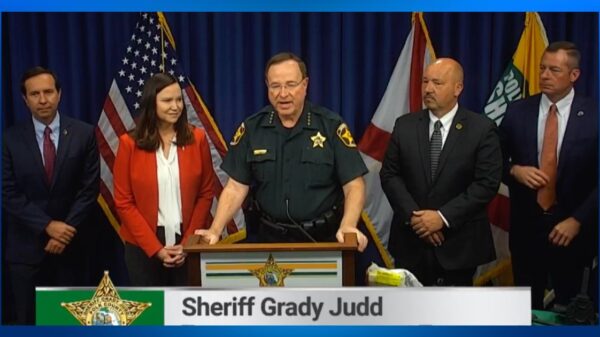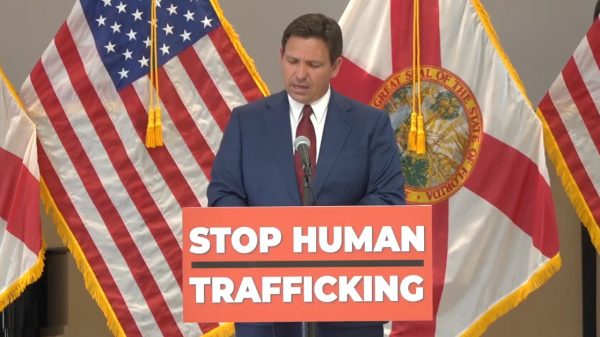This week, U.S. Sen. Kirsten Gillibrand, D-NY, brought back the “Put Trafficking Victims First Act” with the support of U.S. Sen. Marco Rubio, R-Fla.
The bill “would direct the Attorney General to provide trafficking related training and assistance to federal, state, local government agencies, and law enforcement officials” and “establish an expert working group to better asses data collection on human trafficking.”
The senators have been working on the proposal since 2017.
“Human trafficking is a horrific form of slavery that affects thousands of people across this country and hundreds in New York. All too often, victims of human trafficking are forced by their captors to commit crimes with no freedom to refuse and face criminal charges,” said Gillibrand. “Congress has a responsibility to end these injustices and clear non-violent criminal convictions of trafficking survivors so they can rebuild their lives without a criminal record. These bipartisan bills would help accomplish this goal and would also improve data collection on human trafficking to better identify patterns and provide a trauma-informed, victim-centered approach to recovery.”
“Human trafficking isn’t just something that happens on the other side of the world, it is happening in cities and small towns across America,” Rubio said. “This bill would assist our states, local governments, law enforcement officials and prosecutors in identifying with the goal of ultimately preventing human trafficking in our communities.”
According to Gillibrand’s office, the bill would do the following:
Direct the Attorney General to provide training and technical assistance for federal, state, and local government agencies, prosecutors, and law enforcement officials to better investigate, prosecute, and prevent trafficking through a trauma-informed, victim-centered approach.
Establish an expert working group to identify the methodological barriers hampering data collection on human trafficking and submit a report to Congress within 3 years.
Direct the Attorney General to submit a report to Congress within 1 year on efforts to increase mandatory restitution orders and to provide restitution to trafficking victims.
Encourage states to adopt rights and protections for victims, including access to housing, trauma-informed care, implementing better screening mechanisms for children entering child welfare services, creating state-level vacatur laws, and developing a state 24-hour emergency response plan to provide victims with immediate protection and support when they are first identified.
The bill was sent to the U.S. Senate Judiciary Committee. So far, there is no companion measure in the U.S. House.





















